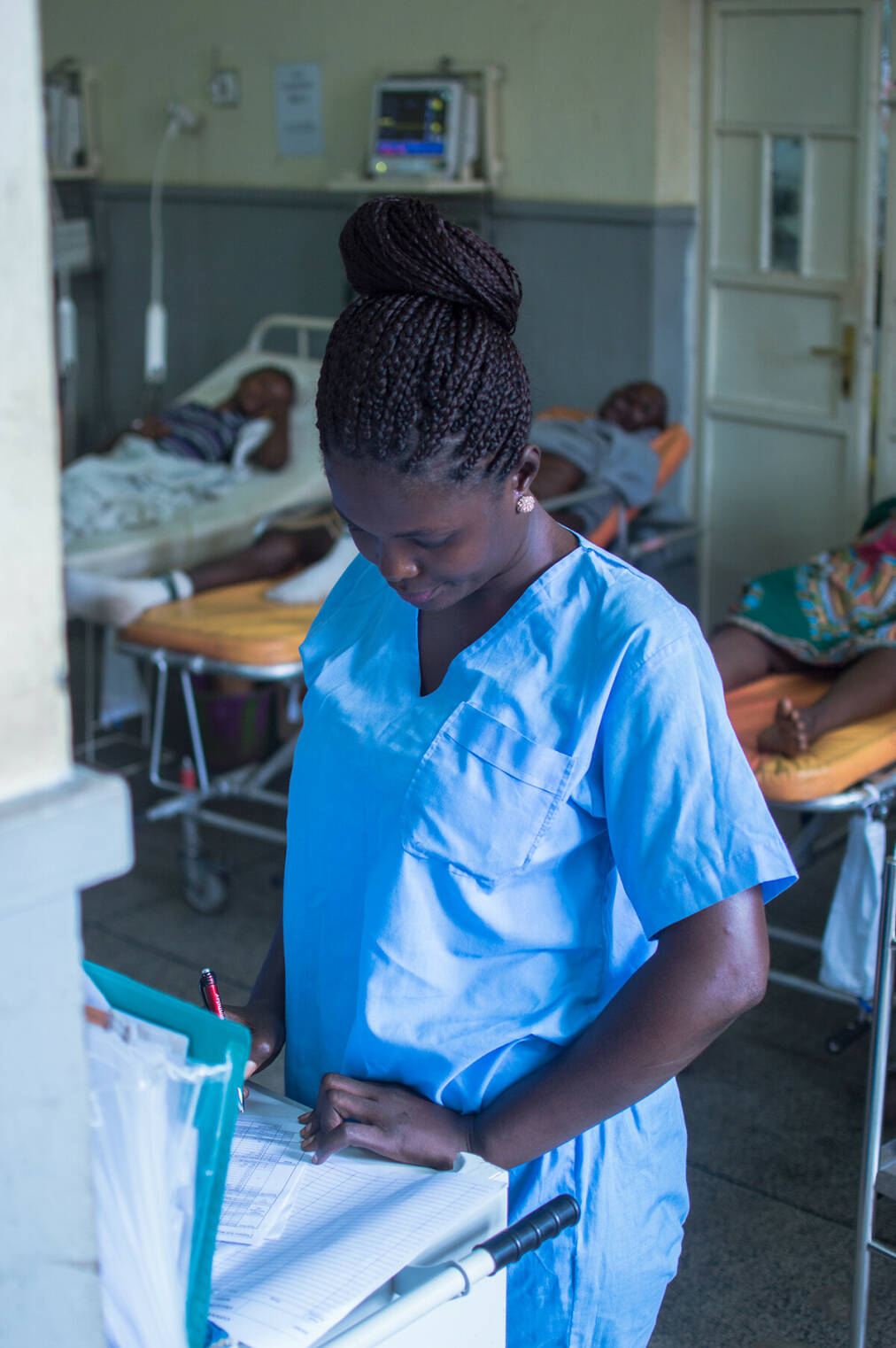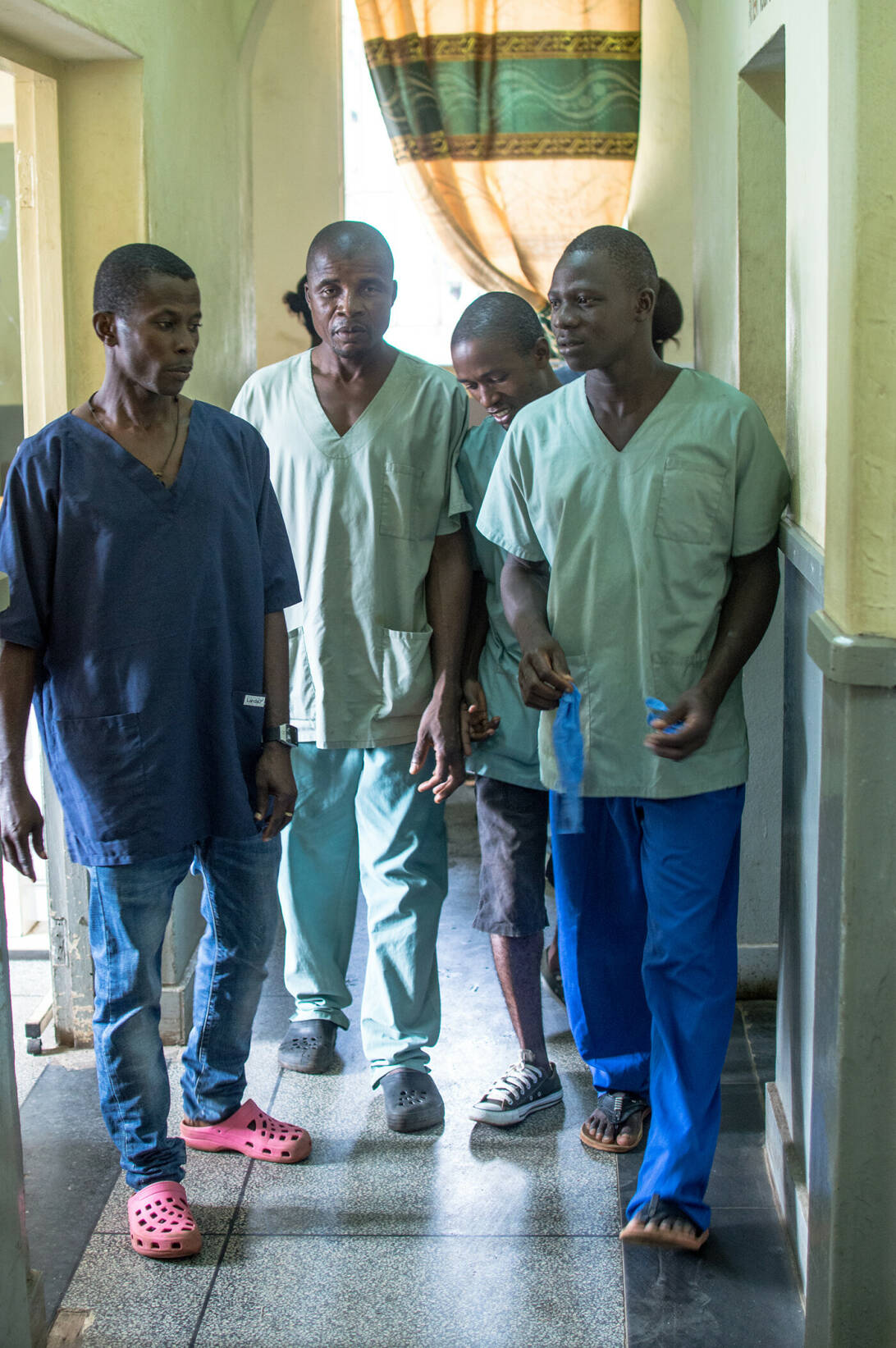scroll down
The 2018–2020 Ebola outbreak in the Democratic Republic of the Congo (DRC) did not ignite into a major conflagration at least in part because newly developed interventions could be deployed. These included a vaccine as well as new treatments, including antivirals and monoclonal antibodies to block infection.
With EDCTP support through the PEAU-EBOV project, researchers have been following up a cohort of survivors of the DRC outbreak to determine how these treatments have affected long-term immune responses to Ebolavirus.

The project examined antibody responses in 358 survivors who had been treated with either a monoclonal antibody or an antiviral, remdesivir. On discharge, nearly a quarter (24%) of survivors had no detectable antibodies to three key Ebolavirus proteins1. Antibody levels declined over time, and after 3 years the proportion of survivors producing antibodies to two or more proteins ranged from 53.6% to 78.5%.
The findings, published in The Lancet Infections Diseases in 20231, raise concerns that, although monoclonal antibodies may be effective during acute Ebolavirus infection, they may leave survivors at risk of recurrence or reinfection. Indeed, isolated cases of infection after monoclonal antibody treatment have been reported.
The findings highlight the importance of tracking survivors, for example to assess the need for vaccination and to monitor for virus persistence – particularly variants that are resistant to monoclonal antibody treatments.
Monoclonal antibodies improve the short-term survival of Ebola patients, but may impair immune responses and put survivors at increased risk of infection further down the line.

Long-term impacts of Ebola treatments